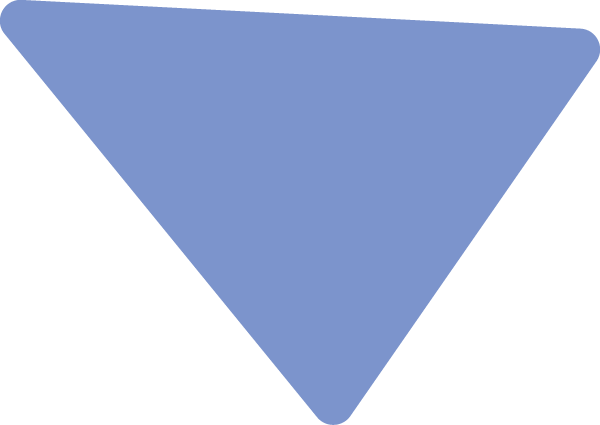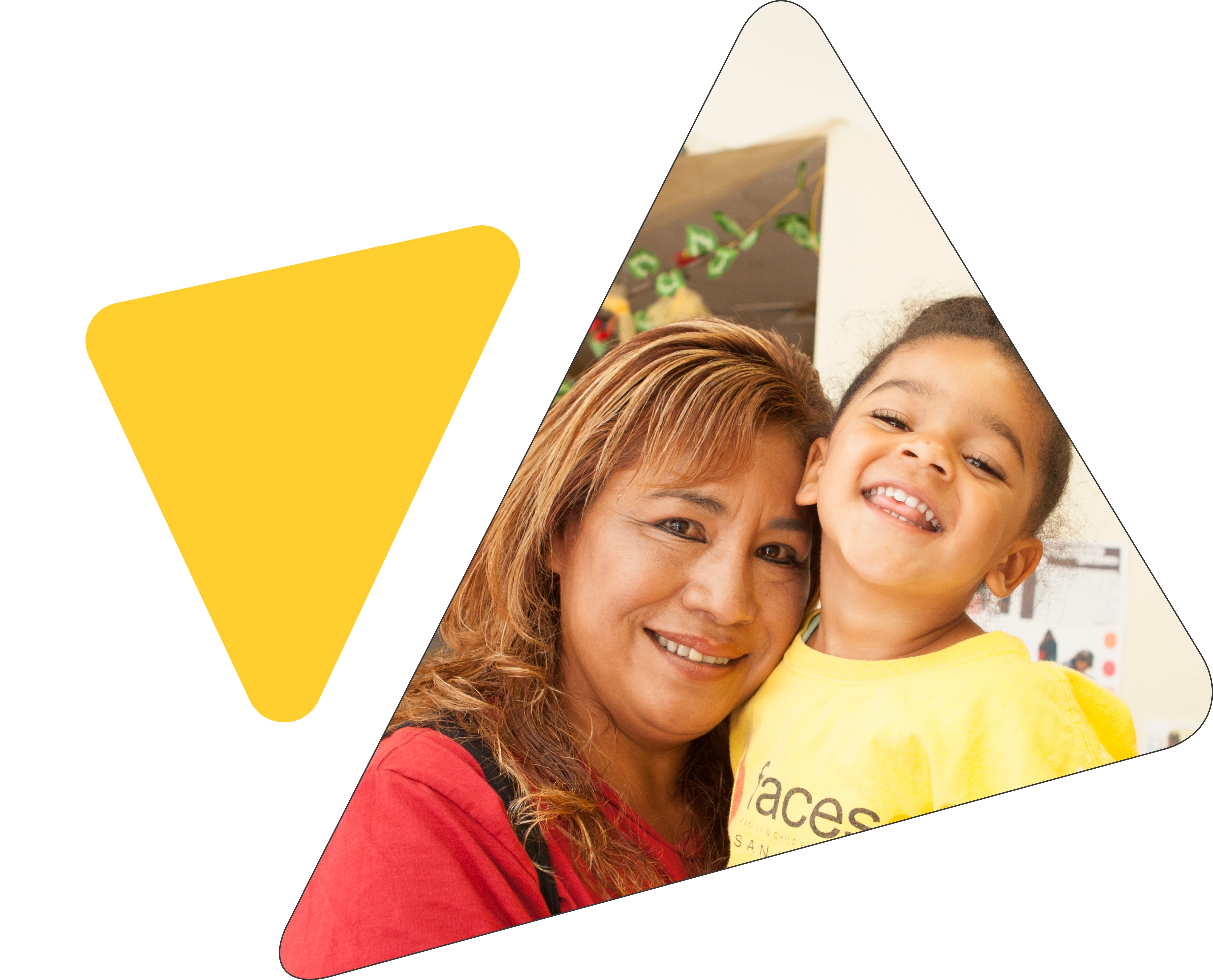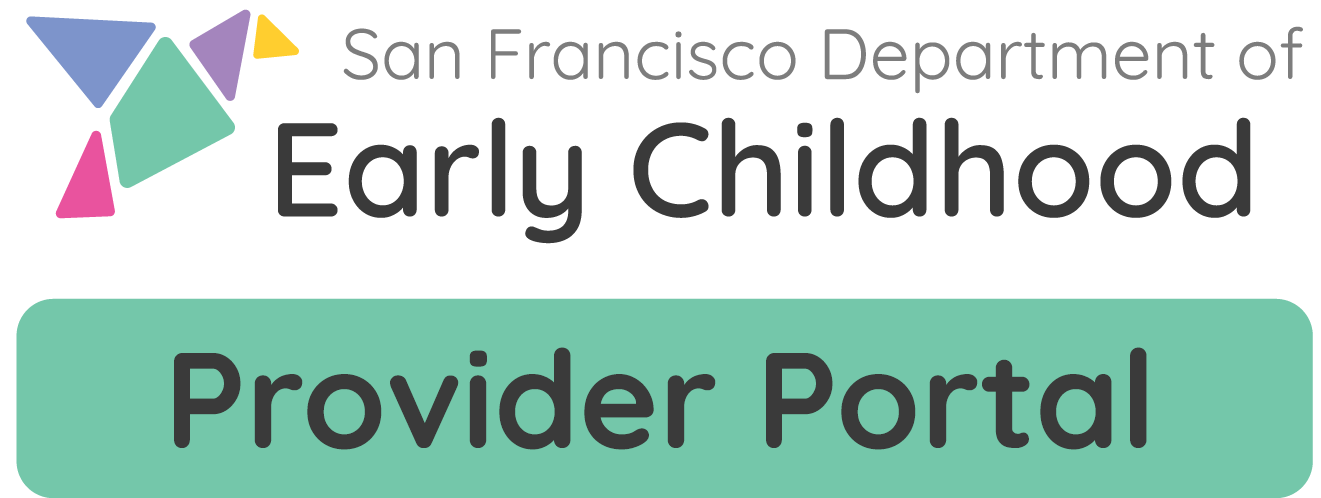
Workforce Compensation
Our goal is to produce improved outcomes for San Francisco’s children and families by providing additional compensation to support a well-educated, well-compensated, and stable workforce.
DEC is committed to providing resources to programs and individuals that reward ECE staff for increased educational attainment, experience, and additional qualifications/skills.
What is the ECE Workforce Compensation Initiative?
San Francisco voters approved Proposition C in June 2018. It established a gross receipts tax that would provide additional City funding to support early care and education (ECE) for 0-5 year-olds. Approximately half of the revenue generated by Prop C is dedicated to providing much-deserved compensation increases for early educators working in Early Learning San Francisco (ELS) centers and Family Child Care (FCC) programs.
Over the next year, we will address Workforce Compensation, Workforce Development and Educational Pathways, and Workplace Conditions in a phased approach. This ongoing initiative, with no sunset date, provides sustained compensation supports.
Phase I includes two types of funding to increase educator wages:
- CARES 3.0 (Compensation and Retention Educator Stipends): Similar to previous versions of the CARES program, educators eligible for CARES 3.0 apply to and receive stipends directly from DEC.
- Early Educator Salary Support Grant: DEC provides a grant to the early care and education agency. Agency administrators, working in collaboration with their teachers and DEC, will administer grant funding to increase eligible educators’ salaries.
The funding type teachers receive is based on the program type they are working in and the percentage of subsidy-eligible children being served.

Orange Tier
Centers and FCCs serving up to 19% of subsidy-eligible children
Eligibility:
FCC educators – Apply for a CARES 3.0 stipend
Center Teachers – Apply for a CARES 3.0 stipend
Blue Tier
Centers and FCCs serving between 20-49% of subsidy-eligible children
Eligibility:
FCC educators – Apply for a CARES 3.0 stipend
Center Teachers – Apply for a CARES 3.0 stipend


Green Tier
Centers and FCCs serving 50% and above of subsidy-eligible children
Eligibility:
FCC educators – Apply for a CARES 3.0 stipend
Center Teachers – Receive an ongoing wage increase in their paycheck directly from their employer via the Early Educator Salary Support Grant
Who is Eligible?
All Early Learning San Francisco (ELS) Centers and Family Child Care programs are eligible to receive support through the ECE Workforce Compensation Initiative.
Phase I of the compensation initiative will be prioritized to support early educators working directly with children, and who participate in the California ECE Workforce Registry.
Phase II is offered to those Green Tier programs with at least 50% of subsidy-eligible children being served. In these centers and FCCs, DEC will provide additional funding to support those non-teaching staff who primarily work indirectly to support children’s development, e.g., professional development, family engagement, supervision of early educators, etc.
How Much Do Educators Receive?
All eligible educators will receive a wage increase. Funding amounts are based on a combination of the number of subsidy eligible children being served in the ELS program, position/title, responsibilities, education (degree and/or ECE units and/or teaching permit), and whether full-time or part-time.

Education Verification
Educators must have their transcripts uploaded to their California ECE Workforce Registry account and verified by the California ECE Workforce Registry. Degrees related to early education and ECE units will be considered when determining funding amounts for each educator.
For all educators eligible for DEC compensation support through either a stipend or an Early Educator Salary Support Grant to the center they are employed in, make sure to:
- Upload any documents (degree transcripts, ECE transcripts, and permit information) that are not currently verified by the Registry (making sure that the Registry verifies all self-reported information)
- Review employment information to ensure that title/position, wage, and hours per week are all up to date
For administrators of Green Tier centers receiving the Early Educator Salary Support Grant, make sure to:
- Confirm that at least one administrative staff member has employer administrative access on the Registry
- Review staff report to confirm what information has been verified for each staff member (degree, ECE units, permit level, etc.)
- Review staff employment information and update if needed staff including:
- Title/position
- Wage information
- Hours worked per week
- Employment verified
Unofficial transcripts are accepted.
For more information about uploading transcripts to the California ECE Workforce registry please click the link below.

What is the Plan for Future Phases of the Initiative?
For those programs/agencies serving over 50% subsidized enrollment, Phase II of the ECE Workforce Compensation Initiative will focus on compensating non-classroom teaching ECE staff and/or benefits. Phase III will support the improvement of Workplace Conditions. Finally, Phase IV will focus on the development of workforce pathways to degree attainment and professional development.
